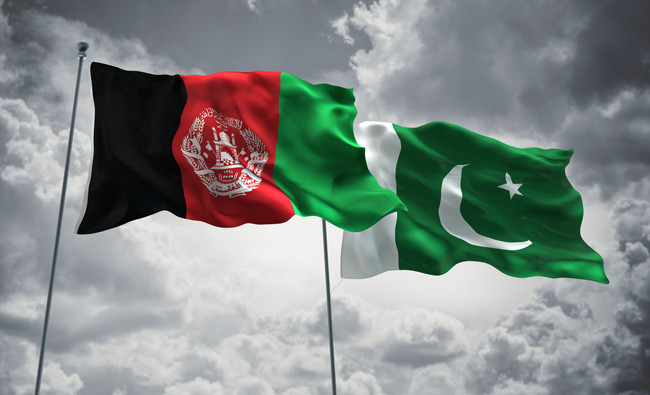Introduction
The bilateral relationship between Afghanistan and Pakistan is characterized by a complex interplay of security concerns, economic dependencies, and public sentiment. Both nations face significant challenges and opportunities in their interactions, shaped by historical context and current events. This explainer provides an overview of the current key issues impacting their ties, with a focus on recent disruptions and the broader implications for regional stability.
Security Cooperation and Public Sentiment
Afghanistan is eager to enhance cooperation with Pakistan, particularly in security matters, to prevent border clashes. However, there is a strong call from Afghanistan for Pakistan to adopt a more structured approach, with better planning and advance communication to avoid sudden actions that lead to confusion and instability. This proactive stance is crucial for fostering a stable and cooperative relationship.
Public sentiment in Afghanistan is also a factor. Although the Afghan people generally hold Pakistan in high regard and are interested in visiting or using it as a transit point to other countries, their experiences at border crossings and airports have been increasingly negative. Reports of indecent behavior and bribery by officials are straining bilateral relations. While Afghan authorities acknowledge that these issues often result from individual corruption, the public perception is that such obstacles are part of a broader, deliberate policy by Pakistan. This growing perception adds strain to the relationship.
Conversely, Pakistan views Afghanistan as a critical partner in addressing regional security issues, particularly concerning terrorism. Despite its own security concerns regarding Afghanistan, Pakistan seeks to maintain a cooperative relationship with Afghanistan. It has stressed on numerous occasions the importance of continued dialogue and collaboration to enhance regional stability and address cross-border terrorism.
Economic Impact of Border Disruptions
The economic relationship between Afghanistan and Pakistan is crucial to the stability of the region as well as the bilateral ties, yet it currently faces significant disruptions. Recent economic bottlenecks have been exacerbated by protests from the Kukikhel tribe. Since August 21, 2024, the tribe has maintained a blockade of the main road from Peshawar to Torkham. This blockade, which has been in place for over 20 days, is driven by the tribe’s demand for the return of 5,000 to 6,000 displaced individuals from Tirah Valley. It has significantly hindered trade and movement, leading to substantial economic repercussions for both countries.
Customs officials report a daily export loss of $2.5 million due to the closure, and imports and revenue loss of 550 million PKR. This disruption has not only affected revenue collection but has also placed a strain on trade activities, impeding the flow of goods and services. Likewise, Afghanistan’s dependence on imports from Pakistan for essential items, including food and construction materials, has been compromised, affecting various sectors. This also includes the construction industry which relies on cement and other core import items from Pakistan.
Conclusion and Way Forward
For Afghanistan and Pakistan to rebuild and strengthen their bilateral ties, both nations must prioritize effective communication and coordination. The establishment of joint action committees at key border crossings could be a proactive step towards preventing similar disruptions in the future. These committees should be equipped with clear mandates and operational frameworks to address emerging issues promptly and collaboratively.
In addition to addressing immediate logistical and economic challenges, there needs to be a well-coordinated effort to tackle the underlying issues affecting public sentiment. Both governments should work towards improving transparency and reducing corruption at border crossings and airports. Implementing policies that facilitate smoother interactions between citizens of both countries can help counteract the growing perception of deliberate obstruction.
The broader context of regional security also demands continuous dialogue and cooperation. Both nations face shared challenges, such as terrorism and cross-border security threats, which require a united and coordinated response. Pakistan’s emphasis on collaboration in tackling these security concerns should be matched by Afghanistan’s call for structured and predictable actions to foster mutual trust and stability. Ultimately, strengthening Afghanistan-Pakistan relations hinges on balancing security concerns with economic cooperation and public diplomacy, especially the track 1.5/II engagements.
By addressing both the immediate economic impacts of disruptions and the broader strategic and perceptual challenges, both countries can work towards a more stable and productive relationship.
(These insights were gathered by the Center for Research and Security Studies (CRSS) through interviews and discussions with high-level officials, policymakers, and analysts from Afghanistan and Pakistan.)




